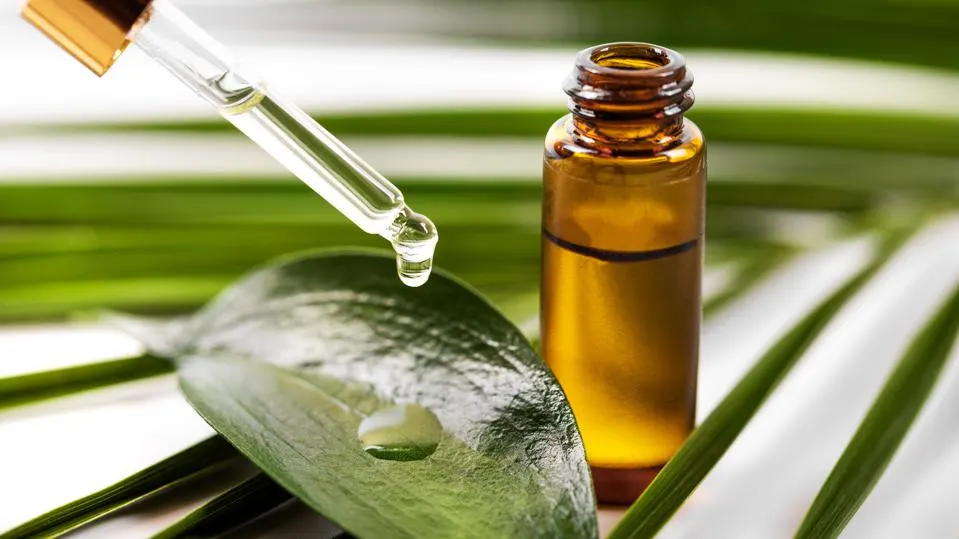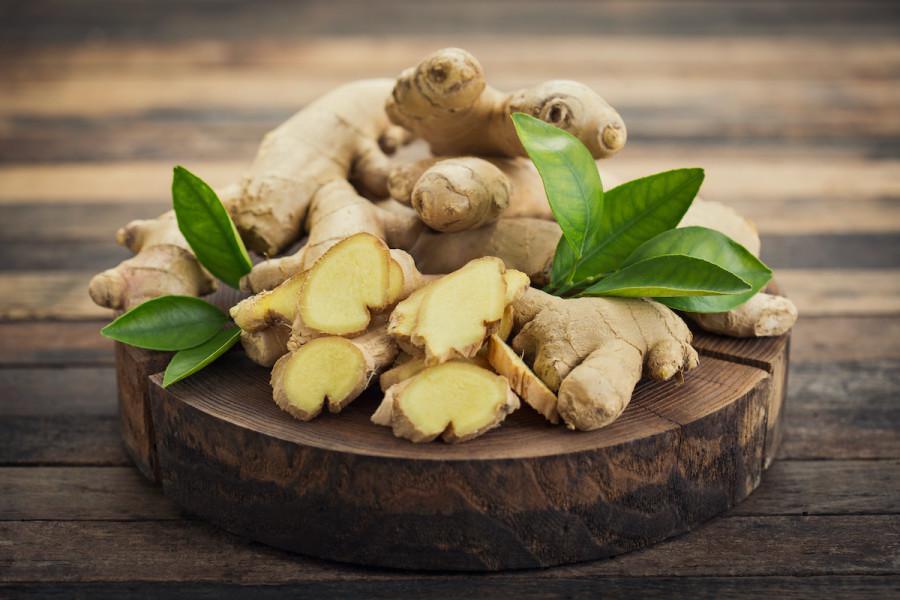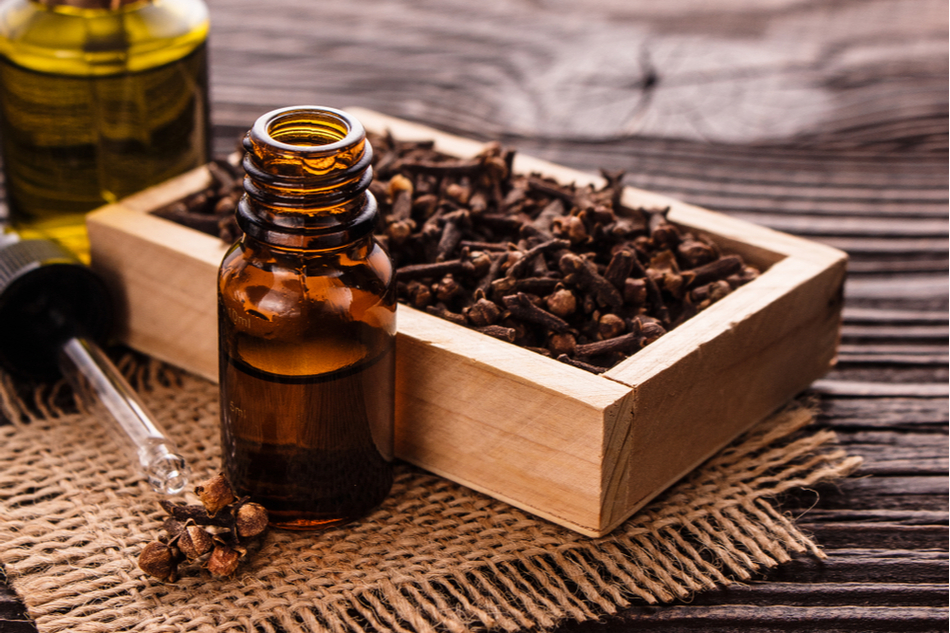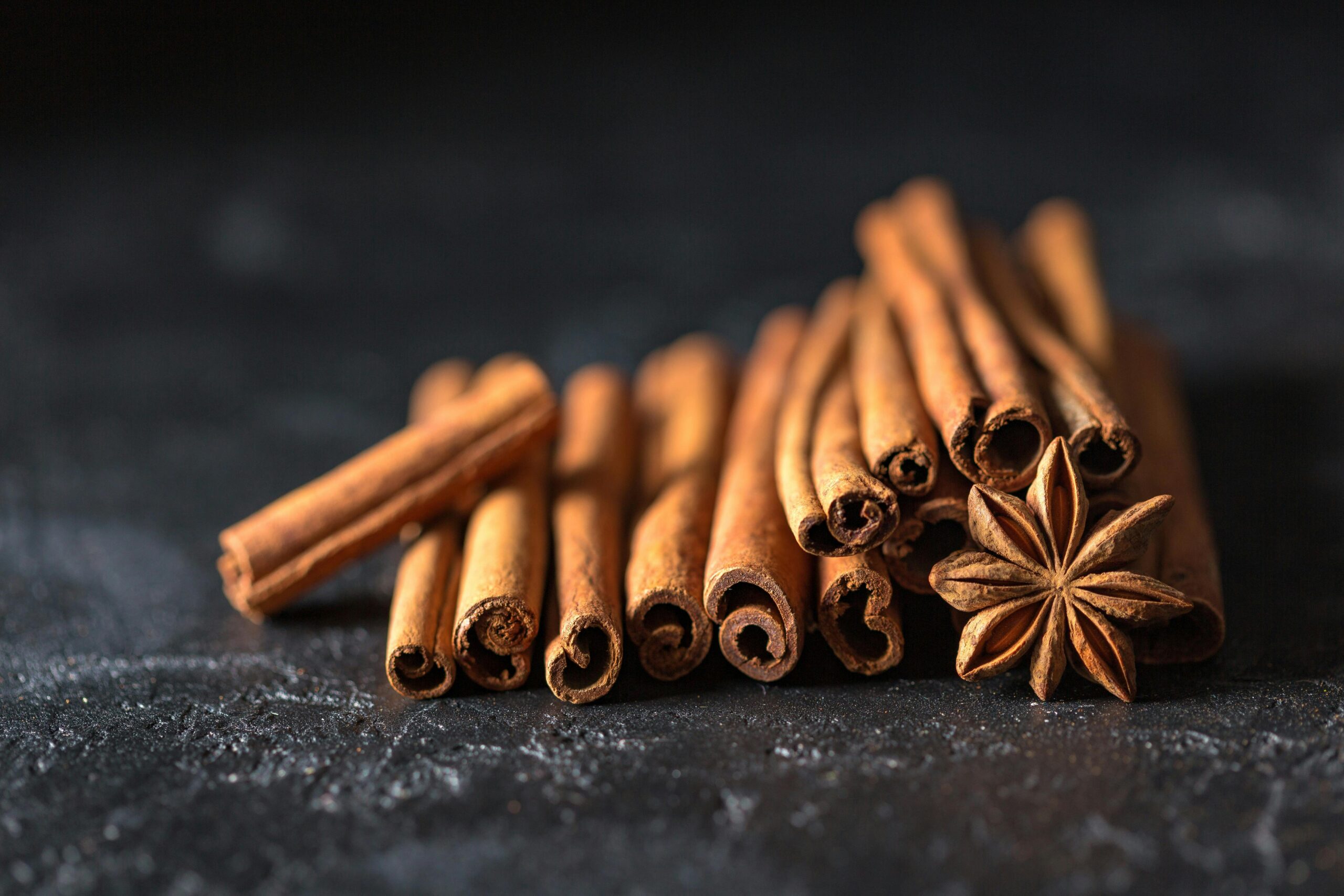Clear Skin Secrets: Tea Tree Oil for Acne!
Best Healthy Weight Loss
🛒 Buy Here: https://bit.ly/49J02E6
Tea tree oil has long been hailed as a natural remedy for acne. But what makes this essential oil so effective? In this article, we’ll dive deep into the secrets of tea tree oil, exploring its benefits, how to use it, and why it might just be the clear skin solution you’ve been searching for.
Introduction
When it comes to battling acne, many of us have tried countless treatments with varying results. From harsh chemical products to expensive skincare regimens, finding a solution that truly works can feel like searching for a needle in a haystack. But what if the answer was simpler than we thought? Enter tea tree oil – a natural remedy that has stood the test of time. In this article, we’ll uncover the clear skin secrets of tea tree oil and explore how it can help you achieve a radiant, blemish-free complexion.
What is Tea Tree Oil?
The History of Tea Tree Oil
Tea tree oil, also known as melaleuca oil, is derived from the leaves of the Melaleuca alternifolia tree, native to Australia. Indigenous Australians have used it for centuries as a traditional medicine, particularly for its healing properties on wounds and skin infections.
How Tea Tree Oil is Extracted
The extraction process involves steaming the leaves of the Melaleuca alternifolia tree to capture the essential oil. This method preserves the oil’s potent antibacterial and anti-inflammatory properties, making it a powerful natural remedy for various skin issues, including acne.
The Components That Make It Effective for Acne
Tea tree oil is rich in terpinen-4-ol, a compound known for its antimicrobial properties. This component helps to kill acne-causing bacteria on the skin, reducing inflammation and preventing future breakouts.
The Benefits of Tea Tree Oil for Acne
Antibacterial Properties
One of the key reasons tea tree oil is so effective against acne is its ability to combat bacteria. Acne is often caused by an overgrowth of Propionibacterium acnes, a type of bacteria that thrives in clogged pores. Tea tree oil’s antibacterial properties help to eliminate this bacteria, reducing the likelihood of breakouts.
Anti-Inflammatory Effects
Acne isn’t just about bacteria – inflammation plays a major role too. Tea tree oil’s anti-inflammatory properties soothe irritated skin, reducing redness and swelling associated with pimples. This makes it an excellent spot treatment for those painful, inflamed blemishes.
Balancing Oil Production
Excess oil production can clog pores and lead to acne. Tea tree oil helps regulate your skin’s oil production, keeping your complexion balanced and less prone to breakouts. This is especially beneficial for those with oily or combination skin.
How to Use Tea Tree Oil for Acne
Direct Application vs. Diluted
Tea tree oil is potent and can cause irritation if applied directly to the skin. It’s recommended to dilute the oil with a carrier oil like jojoba or coconut oil before applying it to your face. A good rule of thumb is to mix one part tea tree oil with nine parts carrier oil.
Spot Treatment Techniques
For targeted acne treatment, dip a cotton swab into the diluted tea tree oil mixture and apply it directly to the blemish. Leave it on overnight for best results. This method helps to dry out the pimple and reduce inflammation without affecting the surrounding skin.
Incorporating Tea Tree Oil into Your Skincare Routine
You can also add a few drops of tea tree oil to your daily moisturizer or cleanser. This helps to prevent future breakouts by keeping acne-causing bacteria at bay. Just be sure to patch-test any new product to ensure your skin doesn’t react negatively.
DIY Tea Tree Oil Acne Treatments
Tea Tree Oil and Aloe Vera Gel
Aloe vera is known for its soothing properties, making it a perfect partner for tea tree oil. Mix a few drops of tea tree oil with a tablespoon of aloe vera gel to create a calming acne treatment. Apply this mixture to your face and leave it on for 15-20 minutes before rinsing off with lukewarm water.
Tea Tree Oil Face Masks
Create a DIY face mask by combining tea tree oil with ingredients like clay or honey. For a purifying mask, mix tea tree oil with bentonite clay and water until you form a paste. Apply it to your face and let it sit for 10-15 minutes before washing it off.
Tea Tree Oil and Honey Spot Treatment
Honey has natural antibacterial properties that complement tea tree oil. Mix equal parts honey and tea tree oil, and apply the mixture to your pimples. Leave it on for 20-30 minutes before rinsing off. This treatment not only fights acne but also helps to moisturize your skin.
Precautions and Side Effects
Potential Skin Irritation
While tea tree oil is a natural remedy, it can still cause skin irritation, especially for those with sensitive skin. Always dilute the oil before applying it to your skin, and do a patch test to check for any adverse reactions.
Who Should Avoid Tea Tree Oil?
Individuals with eczema, rosacea, or other skin conditions should consult with a dermatologist before using tea tree oil. Additionally, if you have a known allergy to essential oils, it’s best to avoid tea tree oil altogether.
Tips for Safe Usage
To minimize the risk of irritation, start with a lower concentration of tea tree oil and gradually increase it as your skin builds tolerance. Also, avoid applying tea tree oil to broken or irritated skin, as this can worsen the condition.
Tea Tree Oil vs. Other Acne Treatments
Comparing Tea Tree Oil with Benzoyl Peroxide
Benzoyl peroxide is a common acne treatment, but it can be harsh on the skin, causing dryness and peeling. Tea tree oil, on the other hand, is gentler and less likely to cause these side effects. While benzoyl peroxide works faster, tea tree oil is a great alternative for those looking for a natural, long-term solution.
Why Natural Remedies Can Be Better for Sensitive Skin
Synthetic acne treatments can strip the skin of its natural oils, leading to irritation and increased sensitivity. Natural remedies like tea tree oil work in harmony with your skin, helping to maintain its natural balance while effectively treating acne.
Real-Life Success Stories
Testimonials from Individuals Who Have Used Tea Tree Oil for Acne
Many individuals have found success using tea tree oil for their acne. From teenagers dealing with hormonal breakouts to adults struggling with occasional pimples, tea tree oil has provided a natural and effective solution for clear skin.
Before and After Comparisons
Before-and-after photos show the dramatic difference tea tree oil can make. Users report a reduction in the size and severity of their pimples, along with smoother, clearer skin after consistent use.
Where to Buy Quality Tea Tree Oil
Top Brands to Consider
When purchasing tea tree oil, quality matters. Look for reputable brands that offer 100% pure, organic tea tree oil. Brands like Aura Cacia, NOW Foods, and The Body Shop are known for their high-quality essential oils.
What to Look for on the Label
Ensure that the product is labeled as 100% pure tea tree oil and that it comes in a dark glass bottle to protect the oil from light, which can degrade its potency. Avoid products with added fillers or synthetic fragrances.
Conclusion
Tea tree oil is more than just a trendy skincare ingredient – it’s a powerful, natural solution for acne. With its antibacterial, anti-inflammatory, and oil-balancing properties, tea tree oil can help you achieve the clear, healthy skin you’ve always wanted. Whether you’re dealing with occasional breakouts or persistent acne, incorporating tea tree oil into your skincare routine might be the secret to unlocking a radiant complexion.
FAQs
- Is tea tree oil safe for all skin types?
- Tea tree oil can be used on most skin types, but it’s important to dilute it and do a patch test before applying it to your face.
- How long does it take to see results?
- Results can vary, but many users notice an improvement in their skin within a few days to a week of consistent use.
- Can tea tree oil be used for other skin issues?
- Yes, tea tree oil can also be used to treat fungal infections, minor cuts, and insect bites due to its antimicrobial properties.
- What if tea tree oil doesn’t work for me?
- If tea tree oil doesn’t improve your acne, consider consulting a dermatologist for alternative treatments.
- How often should I use tea tree oil for acne?
- You can use tea tree oil as a spot treatment daily, but if you’re adding it to your skincare routine, start with every other day to see how your skin reacts.
Best Healthy Weight Loss
🛒 Buy Here: https://bit.ly/49J02E6
Full Article Here: askchords.com
Other Article Here: askkenblogs.com











